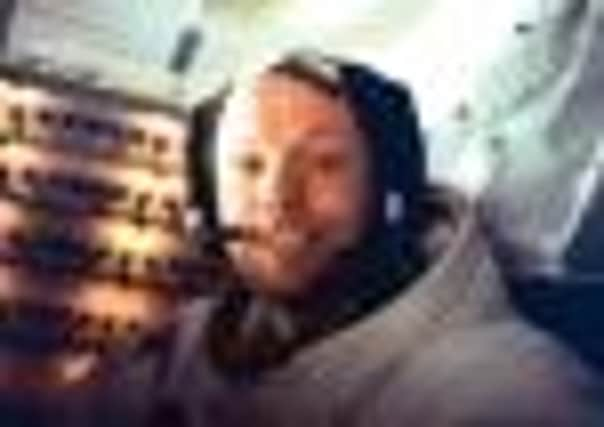Appreciation: ‘He was chatty, liked a glass of wine and was certainly no hermit’


The small white package was never fully explained, but it contained two items not on the flight manifest – medals he carried to the moon for the widows of two dead Russian cosmonauts, including Yuri Gagarin, the first man in space.
Armstrong’s e-mail was friendly, informative and almost chatty: “I wish I could be more helpful, but my recollection of the Komorov and Gagarin medallions is very faint. We were happy to do it, but time was genuinely precious for us.”
Advertisement
Hide AdAdvertisement
Hide AdArmstrong was certainly reclusive, but this was driven by modesty rather than any antisocial trait.
I know about ten of his colleagues, and they invariably speak highly of Neil as a pilot and an individual.
In person, he was chatty, liked a glass of wine and was certainly no hermit. Astonishingly, there is no official portrait of Armstrong on the Moon. Almost all the pictures are of Buzz Aldrin, since Neil never asked Buzz to photograph him.
Apollo 11 was his last space flight. He could have a made a fortune from advertising, guest appearances and speeches, but chose to teach aeronautics after retirement from Nasa.
Armstrong’s fame as an explorer was due to different circumstances than the great navigators Columbus, Magellan, Cook and Drake. While they had to arrange their own voyages and sponsors, Armstrong was just the most prominent individual of great political and technological enterprise which employed hundreds of thousands of people – and he always said so.
In that sense, he was more like Gagarin, or Edmund Hillary on Everest, pre-eminent among a team in which several could have done the job.
But he stepped up to the mark when history called, came up with some immortal words, and did not forget his Russian rivals who died on the path to the Moon. As long as human history is recorded, his name will be there.
• Ken MacTaggart is a Scot who has worked on Nasa history projects.